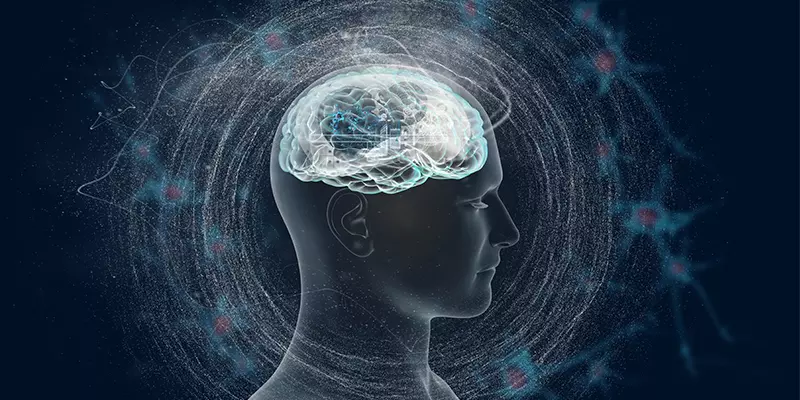When your memory starts to go, life gets tougher in every way. Work, health, money, relationships, and your independence all take a hit. Most folks have their own ideas about memory loss, but a lot of those notions miss the mark and might even be messing with your memory.
It’s crucial to know the real deal when it comes to memory. Let’s bust some common myths about memory and I’ll give you the lowdown on how to give your brain a boost and kick your memory up a notch.
MYTH #1: Memory loss is just part of getting older.
FACT: You hit your 40s, and suddenly you’re misplacing your keys, struggling to remember what you just read, or drawing blanks on people’s names. It might seem normal, and even your doc might brush it off as no biggie or chalk it up to “mild cognitive impairment (MCI)”—but it’s not normal. Memory loss at any age is a red flag.
MYTH #2: Memory loss equals Alzheimer’s.
Sure, it’s scary to think memory slips mean Alzheimer’s, but there are loads of reasons for forgetfulness. Think hypothyroidism, mold exposure, or just plain old dehydration. Mental health issues like depression or anxiety can also mess with memory. And Alzheimer’s isn’t the only type of dementia out there.
MYTH #3: Memory loss is just an old folks’ problem.
FACT: Memory issues aren’t just for seniors—middle-aged folks can start experiencing them too. And guess what? Those brain changes linked to Alzheimer’s? They can start years or even decades before memory troubles hit hard.
MYTH #4: Only old folks get Alzheimer’s.
FACT: Yep, Alzheimer’s hits a lot of older folks, but it’s not just their game. Early-onset Alzheimer’s can sneak up on people under 65. And the numbers of younger folks getting hit with it are on the rise.
MYTH #5: Memory loss always leads the Alzheimer’s parade.
Memory loss might be the star player in Alzheimer’s, but it’s not always the first symptom. Watch out for changes in judgment, sense of smell, or mood—they could signal trouble.
MYTH #7: Once memory goes, there’s no turning back.
FACT: It’s not game over if your memory’s slipping. Plenty of strategies can help turn things around. Lifestyle plays a big role in brain health, so eating right, exercising, and managing stress can make a real difference.
Taking care of your brain isn’t just for old folks—no matter your age, giving your brain some love can boost your mood, health, looks, memory, and more. So, get serious about brain health and give that noggin the TLC it deserves.

